Famous names who have been banned from 'Saturday Night Live'
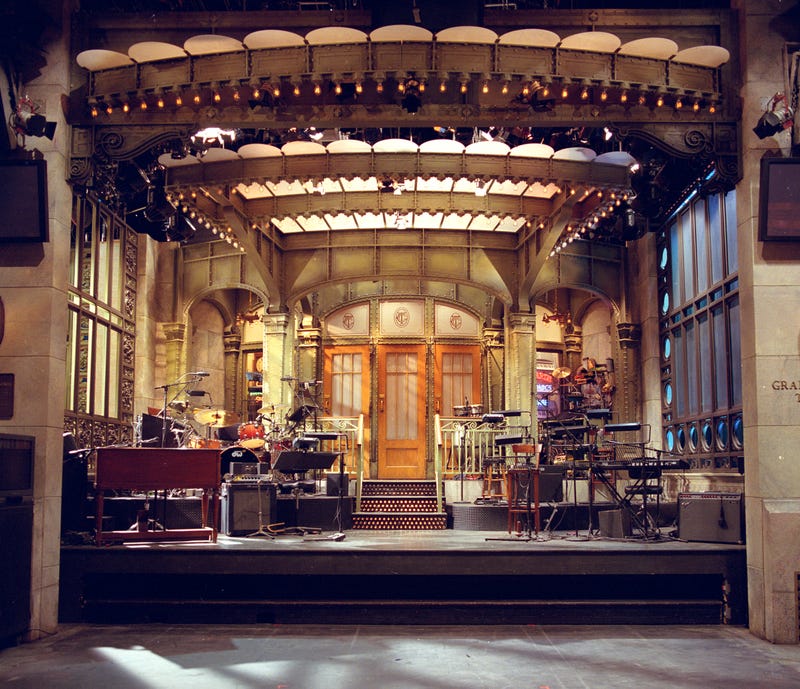
Late night comedy mainstay “Saturday Night Live” has always had a reputation for nabbing some of the biggest stars of the day to grace its stage.
Whether it's the comedy, acting, and political heavyweights as guest hosts, or the biggest names across genres as musical guests, the stars are half of what bring fans back every year since the show debuted in 1975.
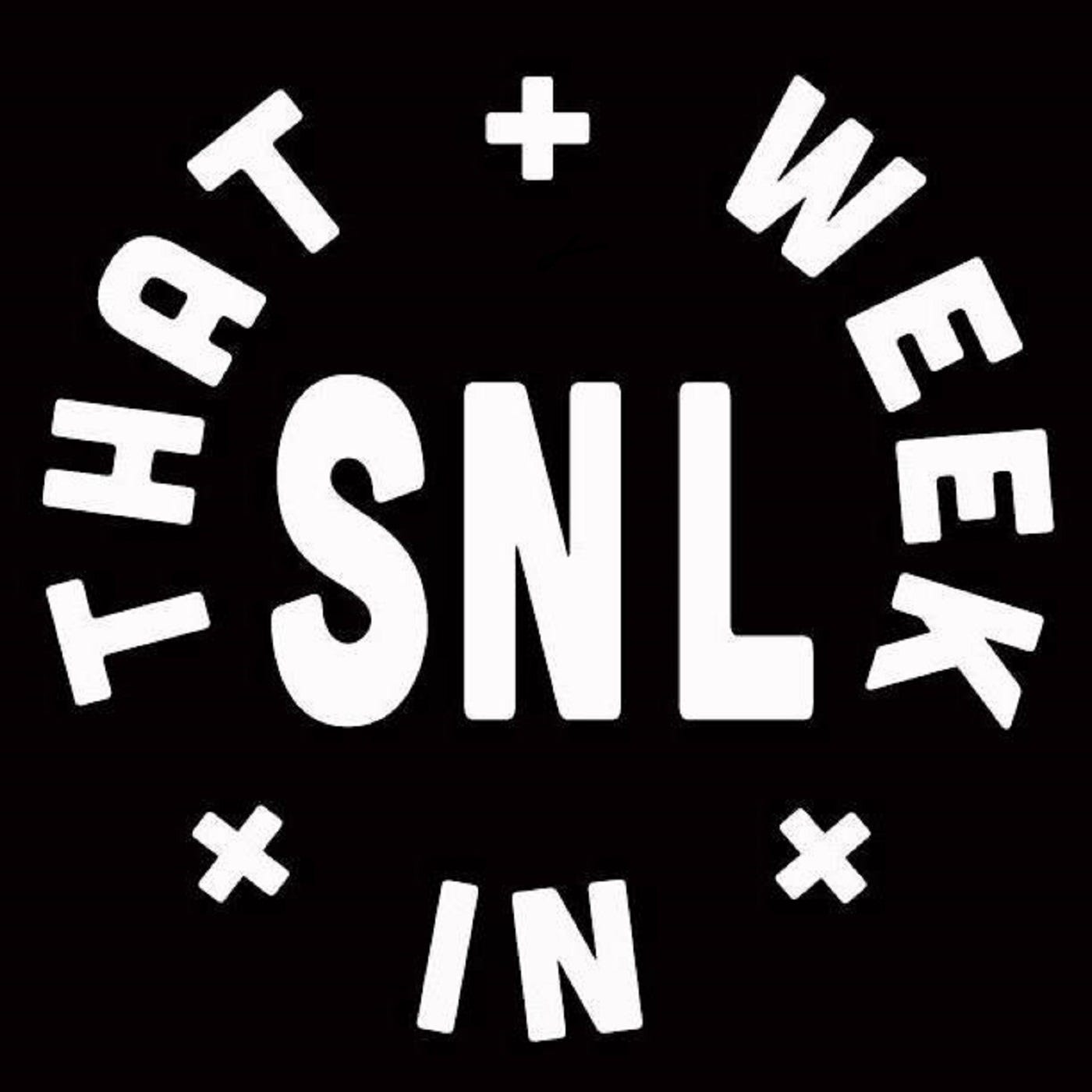
Over the years though, some hosts overstepped network TV propriety, and a number of musical acts have played their rebellious parts a little too well. Stars as large as Martin Lawrence, Sinead O’Connor, and Steven Seagal are just some of the notables who have been effectively banned from ever appearing on the show again, reports Just Jared.
Here’s a list of the special guests who were never invited back to “Saturday Night Live.”
Audacy may earn commission for products purchased via affiliate links.
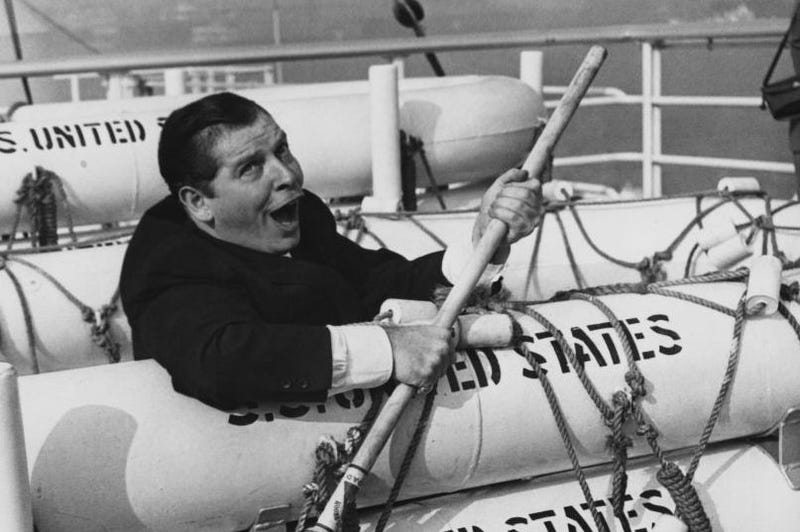
Milton Berle
By 1979, Milton Berle was part of the old comedy guard that "SNL" was pushing aside. But when asked to host, one of the writers recalled that Berle strutted onto the show with a pompous attitude: “He came in with the attitude, ‘I am TV.’ Not ‘I used to be TV,’ but ‘I AM TV.” He also pitched a sketch that he said “might be over your heads.”
In the book, Saturday Night: A Backstage History of Saturday Night Live, it was reported that Berle also made way too many silly old school mugging faces for cheap laughs, and promoted his book during the show.
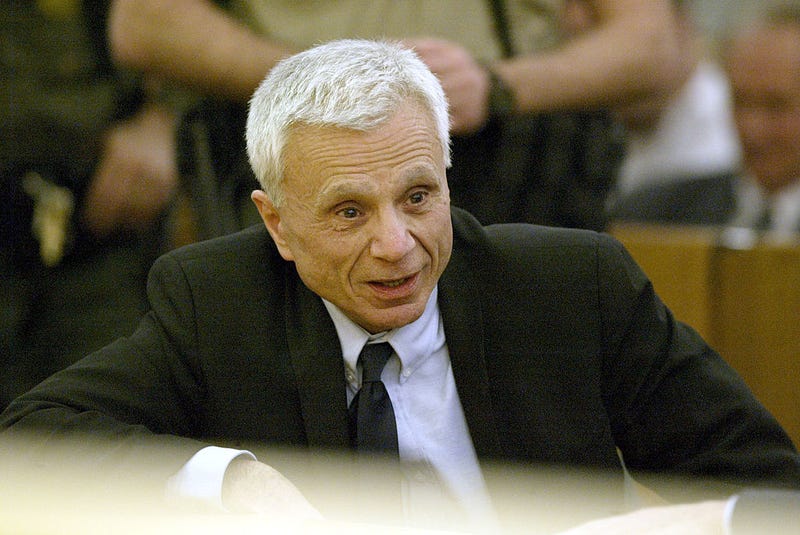
Robert Blake
Robert Blake had a reputation as an over-serious actor who could take his method approach a little too far sometimes. But his one-time hosting slot at "SNL" in 1982 proved he could just be a plain old grump too.
In Live from New York, David Sheffield, one of the staff writers at the time, told a story of one of the backstage incidences that got the “Baretta” star banned from "SNL."
“He was sitting in a room,” said Sheffield, “and a sketch was handed to him by Gary Kroeger, who was a writer-actor. [He] read that [sketch], with his glasses down his nose, then wadded it up, turned to Kroeger and said, ‘I hope you got a tough a–hole, pal, ‘cause you’re going to have to wipe your a** with that one.’”
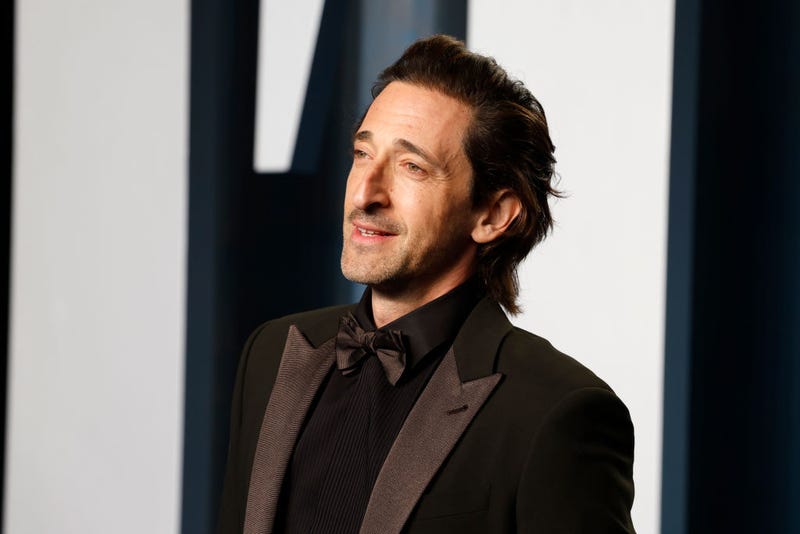
Adrien Brody
Adrien Brody was booked as host in 2003, fresh off his Oscar win as Best Actor in “The Pianist.” It was when he introduced reggae act, Sean Paul, wearing a dreadlock wig and improvising a Jamaican accent that infuriated legendary show creator, Lorne Michaels, and led to Brody’s ban.
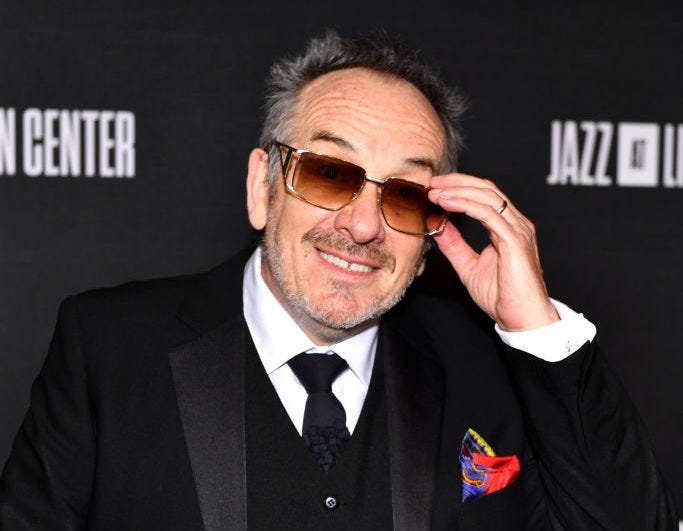
Elvis Costello
While now regarded as a venerated singer/songwriter, in December, 1977, Elvis Costello was still somewhat connected to the burgeoning punk rock movement, and brought some of that attitude to the "SNL" stage – the first time he performed on American TV.
During his second song, in which he’d promised the show that he’d play his next single, “Less Than Zero,” Costello instead stopped the song and said to the camera, “Stop! I’m sorry ladies and gentlemen, there’s no reason to do this song here.” Then the band ripped into the mainstream radio screed, “Radio Radio,” featuring such lyrics as, “the radio is in the hands of such a lot of fools tryin' to anesthetize the way that you feel.”
The British singer claims it was a message meant for his record label, but Lorne Michaels was incensed and banned Costello for years. He was eventually asked back; and in 1989 pulled a funny stunt by interrupting a Beastie Boys performance on the show.
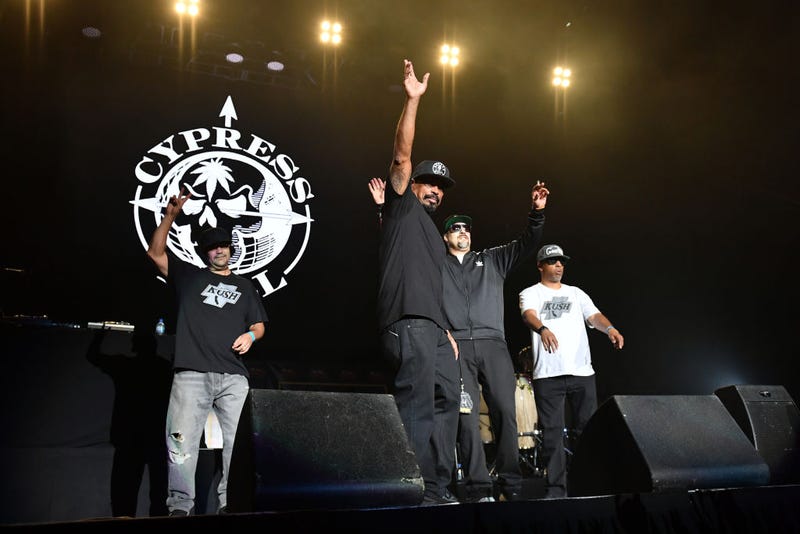
Cypress Hill
Considering the legendary hip-hop act’s raison d’etre – smoking weed – it wasn’t a complete surprise when the band hit the stage on their 1993 appearance and DJ Muggs announced, “Yo, New York City! They said I couldn’t light my joint! But we ain’t goin’ out like that!” Even today such a move would still be a bit shocking, and back then it got the act permanently banned.
Staunch supporters of marijuana legalization, Muggs thought it was a moment to bring the topic to a national audience. Bandmate Sen Dog told the Village Voice later, “I remember ‘Saturday Night Live’ gave us a green room and said, ‘Do whatever you want in here, just don’t light up out of here’. Muggs felt like he needed to make a statement with his performance. It wasn’t just the ‘Saturday Night Live’ people saying he couldn’t smoke up on air. It was everyone: our record label, our management, our friends. I felt like, to me, Muggs wanted to make that statement.”
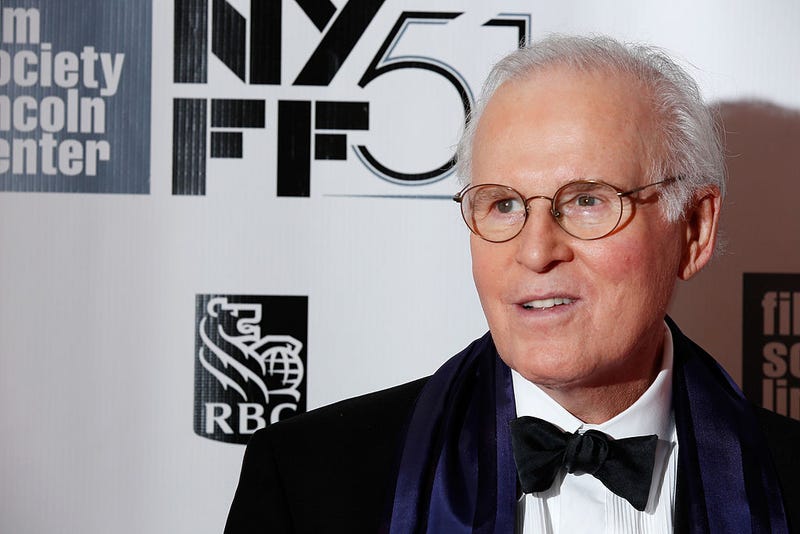
Charles Grodin
While an established actor by 1977, Charles Grodin leaned towards a dry wit that should’ve fit in with the creative comedy on "Saturday Night Live." Instead, Grodin skipped the week’s rehearsals, then attempted to adlib lines after arriving late. And there’s one particular characteristic of that original "SNL" clubhouse that Grodin definitely did not align with. Infamous cast member John Belushi later said, “He doesn’t smoke dope…he’s not one of us.”
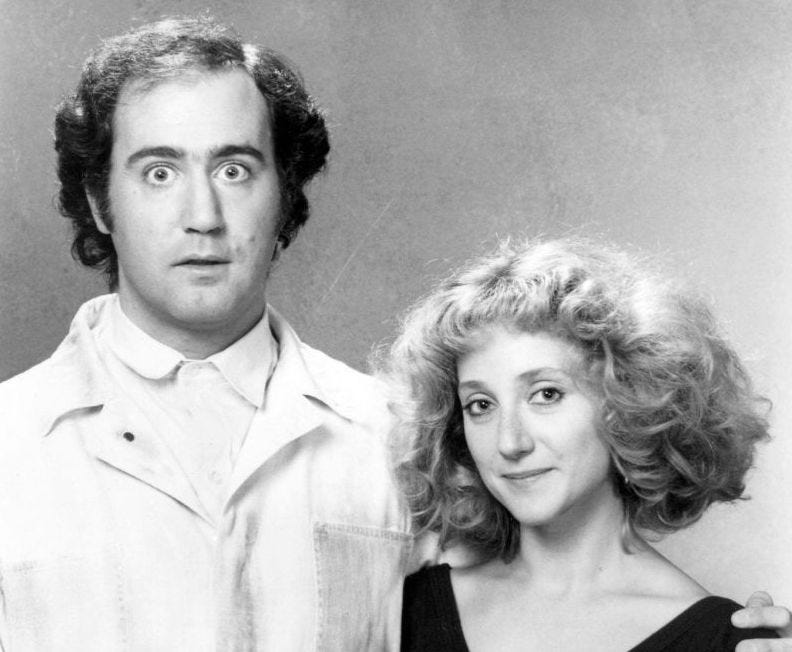
Andy Kaufman
The legendarily influential but often confounding comedian who made his name on the hit sitcom “Taxi” had a reputation as a completely unpredictable stand-up act. His post-modern style of oddly confrontational humor was beloved by the comedy world, but didn’t always fit into mainstream television structures.
He’d already ticked off the producers of ABC’s short-lived, early-80s "SNL" knock-off, “Fridays,” when during a 1981 episode he both ruined a sketch and made fun of the night’s musical guest, the Pretenders.
While his "SNL" appearances that began in the show’s first season were always a hit for awkwardly funny reasons, the lines of seriousness with some skits about wrestling women were getting increasingly blurry, and did not endear him to then-executive producer Dick Ebersol.
Finally, during the 1983 season, the show concocted a “Keep Andy or Dump Andy” campaign to determine whether or not he should continue to be invited back on "SNL." By a count of 195,544 to 169,186, fans decided he should be banned from the show, and he never appeared again. He died in 1984.
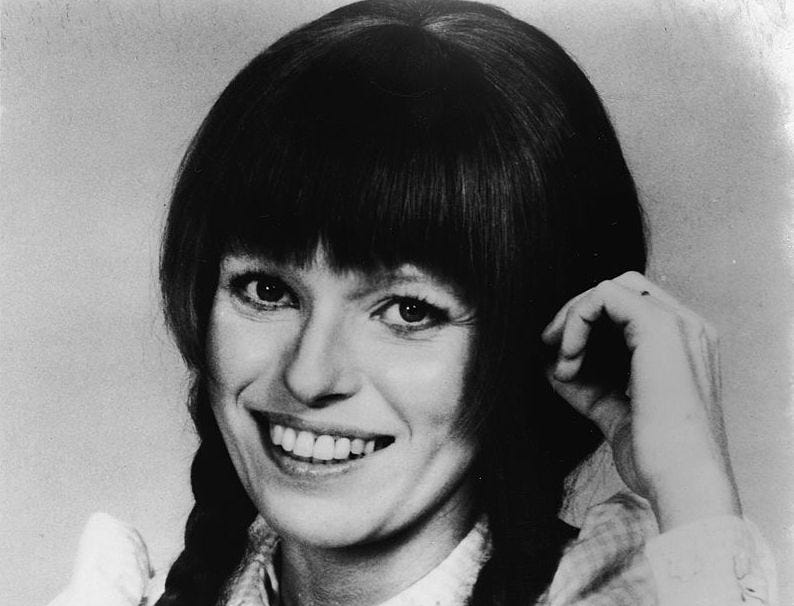
Louise Lasser
When actress Louise Lasser was asked to host the last episode of the 1976 season, she was getting notice for her bizarre if short-lived late night soap opera parody, “Mary Hartman, Mary Hartman.”
As "SNL" host though, Lasser became a mess, locking herself in her dressing room, which forced other cast members to take up the roles she was to do. She finally agreed to come out and perform, and did one complete sketch.
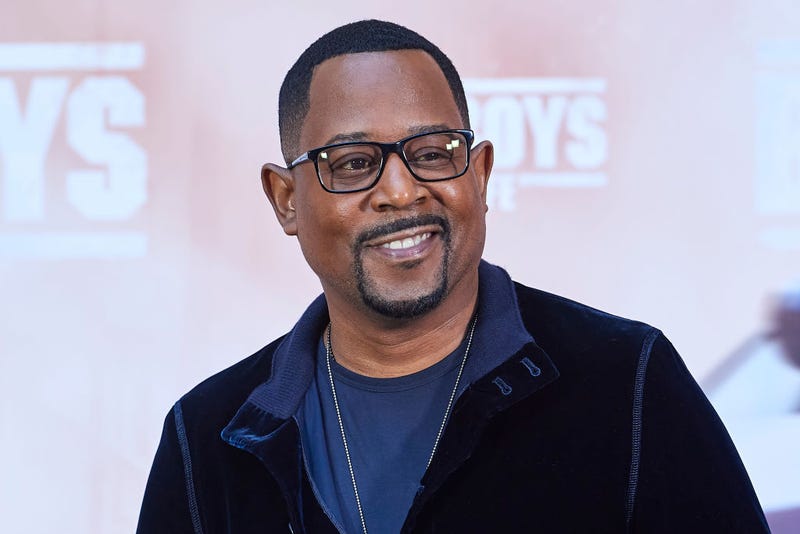
Martin Lawrence
It was 1994, and stand-up comic Martin Lawrence was at the height of his sitcom popularity, as “Martin” was a hit on Fox. But his opening monologue for "SNL" was anything but sitcom friendly. First he made some bawdy remarks about the salacious John and Lorena Bobbitt tabloid story that was at the top of the news cycle at the moment. Then he went off on a fevered bit about feminine hygiene.
In future repeats, most of his monologue was humorously replaced with a voiceover that drolly explained the awkward situation.
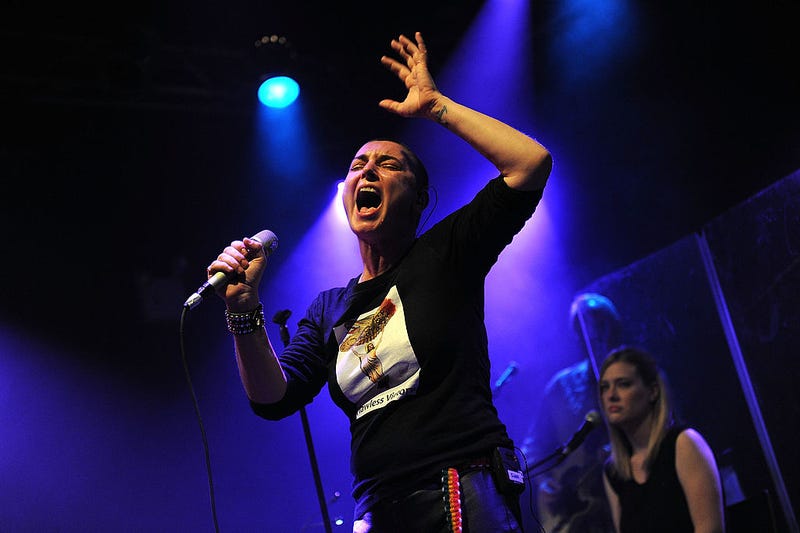
Sinead O'Connor
In October, 1992, after performing the Bob Marley song, “War,” Irish alternative singer Sinead O’Connor pulled out a photo of Pope John Paul II, exclaimed, “Fight the real enemy,” and ripped up the picture. In rehearsals she’d held up a photo of a starving child; that clip is what was shown in later "SNL" repeats.
O’Connor later told the Wall Street Journal, “I think it was really important and artistic…for an Irish female Catholic survivor of child abuse, to have made such an artistic and spiritual gesture really was very important.”
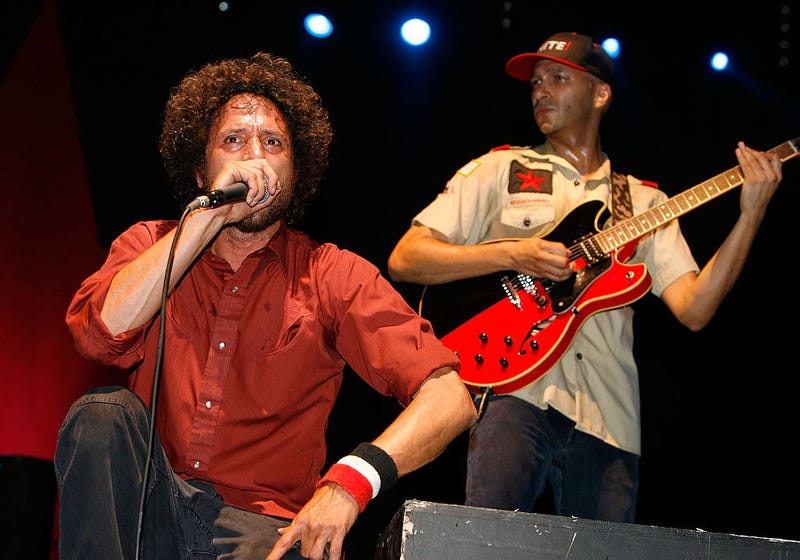
Rage Against the Machine
Fans of this long-running alt-rock act know they never shy away from controversy, and their one appearance on "SNL" was another example. The offense of their act had more to do with who hosted the show – billionaire Steve Forbes, who was running for President at the time on the Republican ticket.
Coming out for their first song, the band had draped an American flag upside down on one of their amps as a protest against Forbes. The producers were so mad they asked the band to leave right after the song, denying them the traditional second performance, or any performance on “Saturday Night Live” ever again after that.
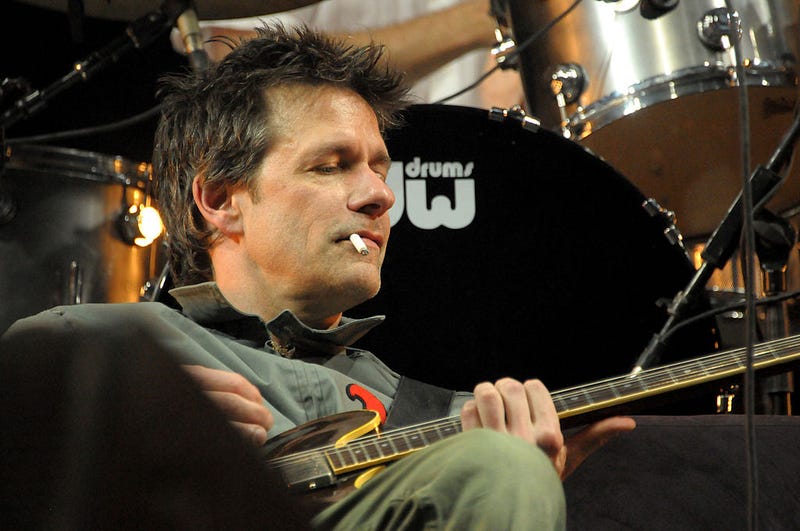
The Replacements
In 1986, the raggedy critics’ darling of late-80s college radio were a dice roll as "SNL" musical guests, quickly nabbed to appear after the Pointer Sisters canceled.
Ever since the hardcore band Fear created an impromptu mosh pit melee when they appeared on a 1981 episode, “Saturday Night Live” stayed away from punk acts – ironic, since it’s easily argued that the show arose from the same mid-70s punk zeitgeist. Many of the original cast were regulars at NYC punk clubs CBGB, Max’s Kansas City, Mudd Club, and others.
Replacements fans could’ve told the producers that they’d end up doing something wild, and the Minneapolis band did not disappoint their fans. The producers on the other hand did not take kindly to the band’s backstage partying or their characteristic desire to goof off on stage. They played sloppy and drunk, changed clothes between songs, and generally were the Replacements – a band whose solid songwriting was equaled by their ability to shoot themselves in the foot.
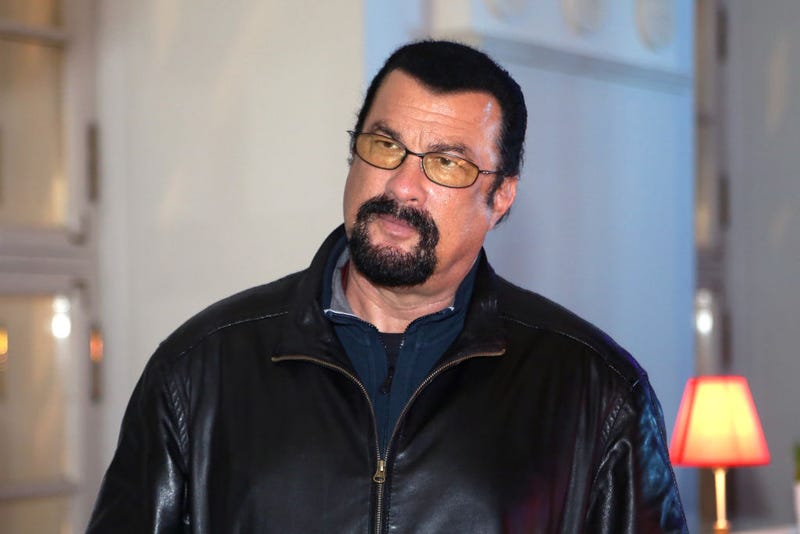
Steven Seagal
It wasn’t any one particular act that got the action movie star the heave-ho from "SNL" after his 1992 hosting debacle. According to then-cast member Tim Meadows, Seagal was just kind of a jerk to work with.
“He just wasn’t funny and he was very critical of the cast and the writing staff,” Meadows recalled in the "SNL" history book, Live from New York. “He didn’t realize that you can’t tell somebody they’re stupid on Wednesday and expect them to continue writing for you on Saturday.”
Producer Lorne Michaels noted Seagal’s attitude too, so much so that when Nicolas Cage hosted a year later, he joked in his monologue that he was worried he might be seen as the jerkiest "SNL" host, to which Michaels quickly responded, “No, no. That would be Steven Seagal.”
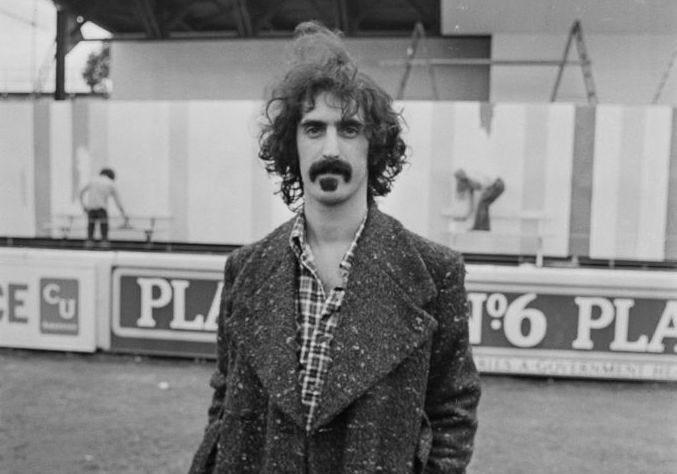
Frank Zappa
The legendarily zany but influential experimental rocker did dual duty on “Saturday Night Live” in 1978, and the producers instantly regretted it. Zappa adopted an irreverent attitude the whole time, joking about reading off cue cards, acting bored, and generally being dismissive of the whole thing.
Don Novello – who played one of the first "SNL" recurring characters, Father Guido Sarducci, and someone not unfamiliar with irreverence – called the episode “one of the worst ever.”
